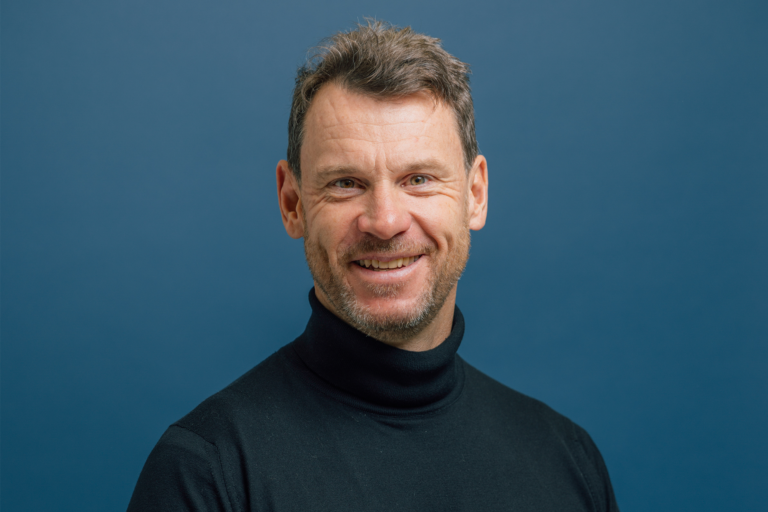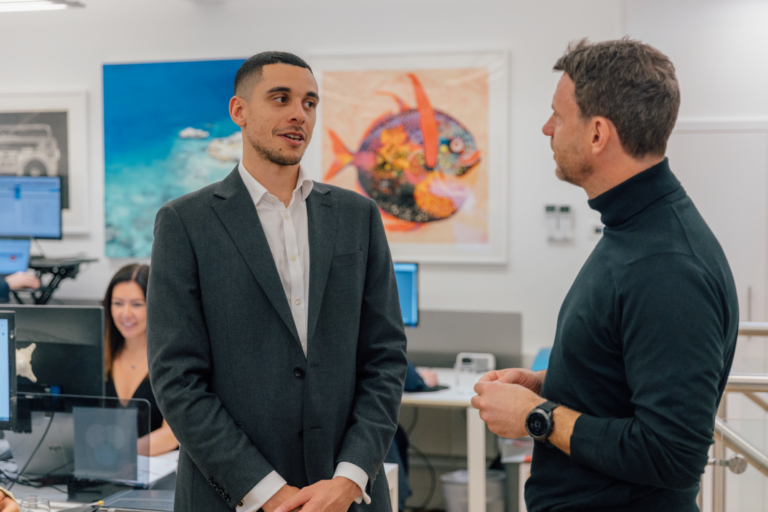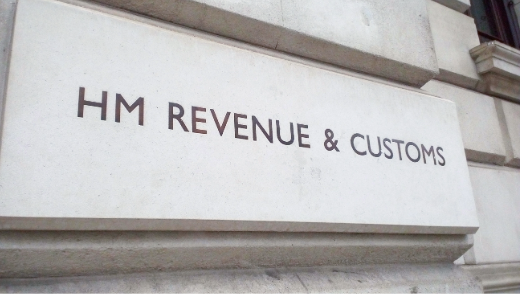Ask the AI Expert – Part 2: Quants, Agriculture and Entrepreneurs
Welcome to Part 2 of our ‘Ask the AI Expert’ series. If you missed it, click here to read Part 1 and Ask the AI Expert – Part 3: Risk, Regulation and Integrated Services here.
Artificial Intelligence (AI) and Machine Learning (ML) are hot topics at the moment. Not just in finance but across all areas of work, politics and society, they seem pivotal to our future.
We were keen to learn more about the opportunities that AI and ML will bring to the financial advice profession and of the broader implications the application of this technology will have for our lives and society. I had the incredible opportunity to speak with Chris Cormack, Co-Founder and Managing Partner of The Quant Foundry, to explore the issue in more detail.
The Quant Foundry is a boutique consultancy offering bespoke quantitative solutions for all areas of financial risk including credit, market and operational risk. Chris Cormack is involved in all aspects of running the company and as a client engagement partner oversees multiple client engagements. Chris is also head of the methodology and models research team that builds both conventional stochastic models and Machine Learning and AI models.
Chris Cormack started his career as an academic, a lecturer in physics at Queen Mary University of London. He has an MA in Physics from Oxford, a PhD in Particle Physics from Liverpool and a Master’s in Mathematical Finance from Oxford. Chris has travelled the world doing research, including California, CERN in Geneva, and Japan. In 2004, he co-founded The Quant Foundry.
Part 2: Quants, Agriculture and Entrepreneurs
AV: Artificial intelligence is a big talking point at the moment across so many industries. Tell us a bit more about how you got into the field of AI.
CC: Initially, as we were in the banking industry, which is highly regulated, these models didn’t get a lot of traction. But then the people in the front offices, like marketing teams, sales teams and so on began to put some pressure on their ‘quants’, their mathematicians, to start to build some models and try out some ideas.
It soon became very clear that the models they were building for the front office to enhance customer support and interaction were very successful. People realised they could enhance their sales channels and make better predictions about the engagement of clients using artificial intelligence. Now the finance industry is the largest single hiring area in the UK for AI and machine learning specialists.
AV: Tell me a bit more about the other people involved in The Quant Foundry.
CC: I am a co-founder and the other co-founder is David Kelly, former MD at JP Morgan, Deutsche Bank, Bank of America. He has mostly worked in the market risk space as well as risk architecture. David has a combination and breadth of experience across a number of areas and created an opportunity to leverage our network to build a company that can provide high level advisory to C-suite level as well as the global MD-level across various banks. We position ourselves alongside those with experience in an industry that still needs that experience.
On the other side of the company we have people who are building out skills in data analytics, machine learning and data engineering. Whenever anyone starts a machine learning project, 80% of it is about the data. That is, understanding the data and what it means and getting it into a format where it can be actually used and interpreted. We have a consulting team that are building skills in that area.
We have also built a number of strategic partnerships with software vendors who are looking to embed our ideas. We’ve received a number of commissions from software vendors in the pension space, the risk space and to the general market risk space too.
AV: What are some of the most interesting uses of AI outside of finance?
We can apply our mathematical modelling capabilities in finance to agriculture, and forecast crops all around the world.
We are involved in some agricultural projects. Quant Foundry are building machine learning models to analyse data from satellites, drones and sensor data to analyse crop yields and provide decisions for farmers. Leveraging our mathematical modelling capabilities in finance, we can apply those skills to agriculture and forecast crops all around the world. We are involved as part of a global project to enhance the decision-making skills of farmers globally for arable crops.
We are also involved with a research network in livestock farming. We have partnered with a nanotech company that have a wonderful treatment that assists both sheep and cattle to reduce signs of infection. It’s really clever. Instead of using antibiotics and creating the anti-microbial resistance that antibiotics can do, their product is more environmentally friendly. It does not go into the food chain. We are working with them to analyse their data from their scientific studies as well as building out some new AI tools to identify sick animals – ideally before they become so sick that they become contagious. We are assisting them with that programme, part of a research bid with universities as well partnering with the nanotech company.
AV: We talked in Part 1 of this series about how some consumers may feel like they are being manipulated by AI, but the interesting thing about AI and ML is that it also works the other way. Consumers have much greater access to information and ESG (Environmental, Social and Corporate Governance) is a good example of that. There’s a bank in the US that has an app that, when paying for something at a till, gives an ESG rating of that company. As a consumer, you have buying power.
CC: There is going to be a lot of consumer-driven demand for information about companies, especially from the younger generation. 18-25-year-olds are driving this. They are very strongly environmentally conscious and will have a very powerful influencing effect on the older generation, who tend to be the company owners.
A lot of the legislation around data privacy laws has been put in place in anticipation of this more automated world. It goes back to the concept that fundamentally you are creating data by your actions, choices and purchases, but it is the decisions that are from that data that influence your life. It’s being able to challenge those decisions too. It’s one thing to be nudged by your favourite movie for example, and no one really complains about that. But obviously, people do complain about the political impact and how sophisticated things could become. At some point, interpreting how people interact with the information that is given to them becomes a very subtle thing, so it’s a matter of people being more sophisticated in their understanding of the information world around them.
AV: Most people moaned at the introduction of GDPR and what a hassle it was, but you can argue that if the EU have seen this coming and it is a reaction to getting this stuff in place to enable the consumer to have control of data, it is actually very impressive foresight. Looking way down the track instead of putting something in place for the sake of it.
One of the biggest risk factors that people see in the future, along with the environment, is the big overhaul in economies driven by the machine-learning revolution.
CC: Exactly. Again, it’s a wake-up call. It’s down to people to start engaging with it and building their understanding as to where the value is on social and commercial impact, as well as the society they would like to live in. I think a lot of significant developments will be made in the next 25 years. One of the biggest risk factors that people see in the future, along with the environment, is the big overhaul in economies driven by the machine-learning revolution. I would also say that there are lots of exciting things to come.
AV: What would be your top three tips to any entrepreneur who’s running a business that’s thinking about AI or ML and trying to work out how to do it? What should they be thinking about?
CC: The first thing you should ask yourself is: are you collecting data? Every decision you make is based on data, so do you have the data collection infrastructure in place?
Want to use AI in your business? The first thing you should ask yourself is: are you collecting data?
Second, identify the areas that you could automate – and take the mundane out of your business along the way.
Then third, there’s the value added, in terms of what are your goals in adopting AI? Where do you see the greatest value – is it enhancing marketing campaigns? Is it building better recommendation systems? Or is it building decision tools for complex processes? And this is talking in a general business context and not just in the tech space.
For example, I had a conversation with a company that make sausage casings who said they had a lot of wonderful data that they would really like to use. They were operating in a sector where food security was understandably a big deal. They identified their value proposition as being able to collect and analyse the complexity of the process from the farm to their factory to their business clients. They realised they could probably consolidate the data and build and enhance their operations by using machine learning to help classify what was good for them. We had a conversation with them, and they saw that they could build a strong business case from this.
It’s identifying where you have the data and believing that, with access to the knowledge of what AI can do, you can identify the value propositions as to where and how it can be applied. AI is not going to solve everything right away and there may be other ways of solving the same problem. But if you want to make better decisions, better classifications, and better recommendations, using AI across the broad spectrum of data that you collect can make better decisions than human beings. That seems to be the case as it stands, and it can only get better.
This document is marketing material for a retail audience and does not constitute advice or recommendations. Past performance is not a guide to future performance and may not be repeated. The value of investments and the income from them may go down as well as up and investors may not get back the amount originally invested.
Let's Talk
Book a FREE 30-minute Teams call and we’ll answer your questions. No strings attached.
Check Availability




